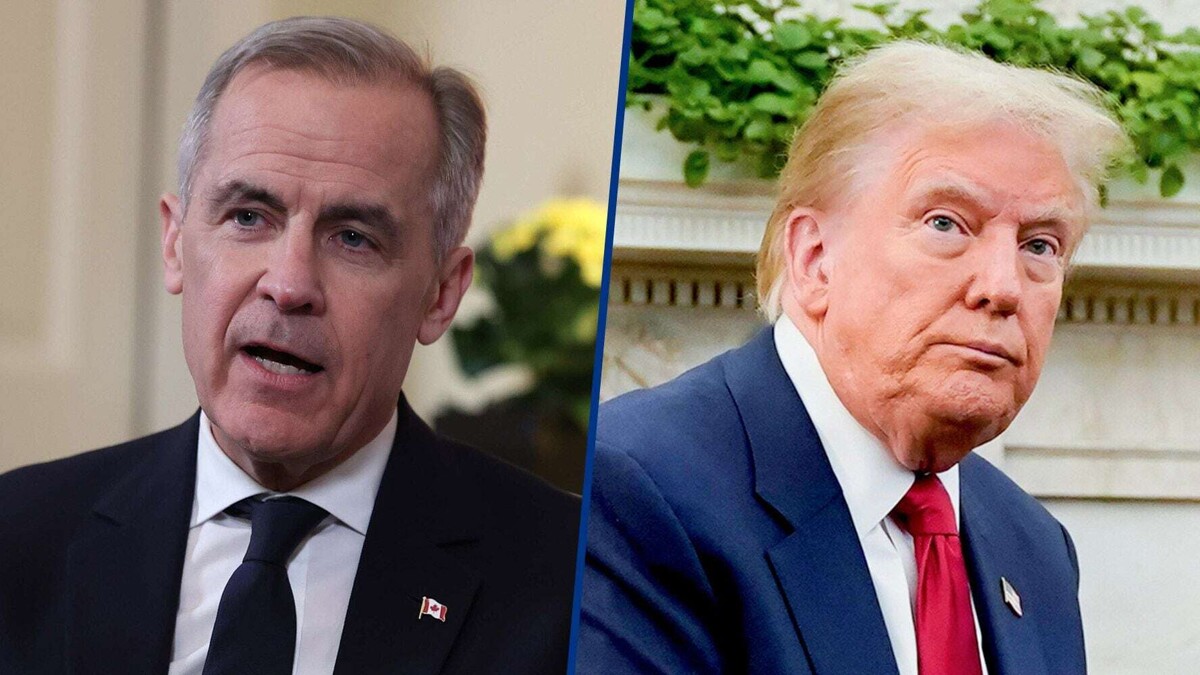
The Prime Minister of Canada, Mark Carney, acknowledged that his country has a limited reach in its response to the tariffs imposed by Donald Trump, given the disparate size between the two economies. In statements to the press in London, Carney mentioned that Canada will seek broader negotiations with the United States in terms of trade and security.
Regarding the imposition of tariffs by Trump, Carney emphasized that Canada's response will depend on the decisions made by the U.S. president on April 2. He pointed out that the selection of affected products in Canadian reprisals aims to harm the United States more significantly without causing direct significant damage to Canada.
During his trip abroad, Carney met with international leaders such as French President Emmanuel Macron and British Prime Minister Keir Starmer. Unlike Canada's approach, the UK opted not to respond to the tariffs imposed by Trump, following Mexico's example in this decision.
When Trump threatened to impose a 25% tariff on Canadian imports, former Prime Minister Trudeau proposed retaliations worth 155 billion Canadian dollars. However, Carney indicated that Canada focused on responding only to part of that figure, leaving aside a remaining amount of 95 billion Canadian dollars.
President Trump has insisted on the application of reciprocal tariffs towards countries that tax American products, and threatened to impose additional tariffs in sectors such as automotive, pharmaceuticals, and semiconductors. Despite the pressure, the UK and Canada have followed different strategies in their approach to these measures, maintaining an independent stance in trade decision-making.










